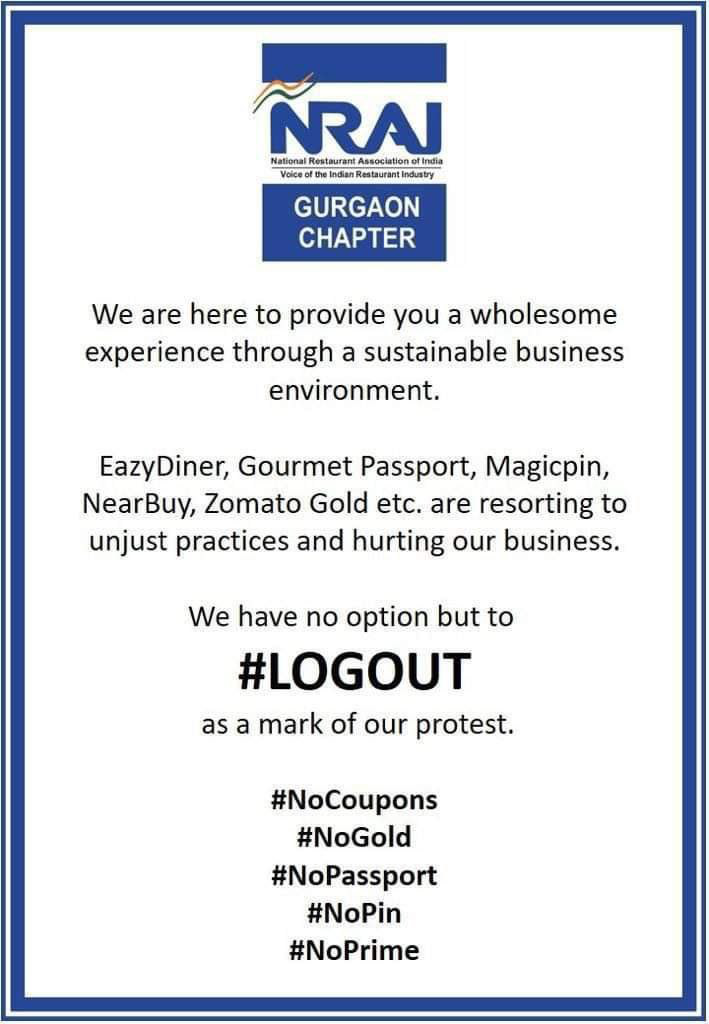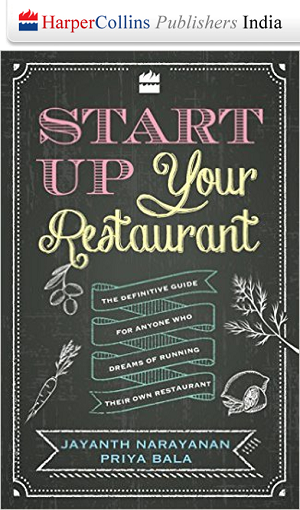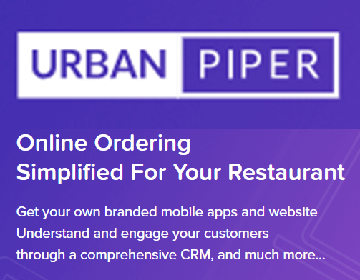

The post appeared on social media on the eve of Independence Day and the responses came in quickly and in large numbers. Restaurant owners, weighed under for long by what they called ‘unjust practices’ by third party aggregators came out voicing their support for the bold step by the National Restaurant Association of India (NRAI). ‘About time,’ is the sentiment than ran through these responses.
The restaurant association chose strong words for its announcement, saying ‘NRAI has come together to detox consumers from discount addiction.
The move is being undertaken to protest against aggregators who have distorted a vibrant marketplace by aggressive discounting and predatory pricing’. And asked restaurateurs to #Logout of deal and discount arrangements with Dineout, Eazydiner, Magicpin, NearBuy, Zomato etc.
Zomato’s ‘Infinity’ dining program, which allowed customers to order limitless quantities of food for a fixed price, may have come as the final straw in what has been a fraught equation between restaurants and aggregators. Restaurants have been griping about having to give away discounts, but have been caught in a bind and unable to opt out of these arrangements for fear of missing out on business.
The aggregators’ line, even as they increase sign-ups and acquire users, is that the discounts lure diners into visiting restaurants. But this, restaurateurs know, is a mirage. There is a price for filling up tables with discount coupon-waving customers. It eats into revenues and profits and shakes the very sustainability of businesses.
Priyank Sukhija, MD & CEO of First Fiddle F&B Pvt Ltd, says the NRAI’s call to #Logout is not an action but a reaction to months of being held to ransom by aggregators, particularly Zomato. ‘These are our businesses, we invest, we take both the joys and the pain of entrepreneurship, how can a third party dictate how we are to run our restaurants, what discounts to give and when?’ He says during previous talks with Zomato, the industry representatives had asked for discounts to be waived during weekends, but it was not accepted. ‘In the face of such arm-twisting a response like this was only to be expected,’ he says.
The restaurant industry in India struggles to survive against various odds, not the least of them being an obtuse system. Then, there are the high rentals in the metros and large cities. Current economic conditions mean that spending on eating out is restrained. Add to these dampeners, the various discounts that aggregators demand and it becomes a struggle for survival and sustenance.
Customers addicted to discounts are part of the problem. I have seen social media posts of people announcing how they compounded various discounts and got really great deals. The evolved diner must learn to appreciate the value of good food and great dining experiences and be willing to pay for these. I’m not speaking of the eat-and-scoot places, but the restaurants you patronize for the pleasure of the time spent there. Our cities need these establishments, not just for food and drink of a certain quality, but as avenues for leisure and relaxation. The discounts-and-deals system makes customers think of restaurants as businesses they must somehow get the better of. That is a warped approach.
According to news reports, a spokesperson for Zomato has said, ‘We do not see any impact on our Gold subscribers due to the #Logout campaign. Most restaurant owners in these cities are in touch with us and are not planning to join this campaign…’
It has been reported that some 300 restaurants in Gurugram have extended support to the #Logout campaign. As the Zomato spokesperson has pointed out, a movement such as this can only succeed if the industry stands together. It’s about time all restaurants logged out.










